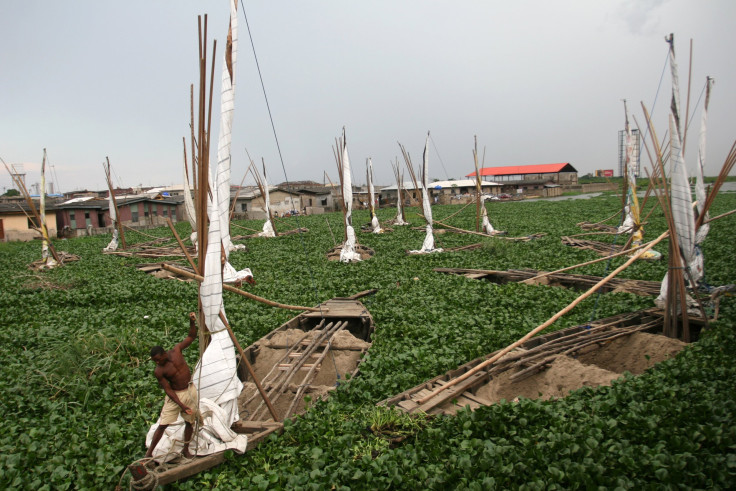Invasive 'alien' plants cause billions in damages worldwide, human activity to blame

Human activities have turned many plants into “aliens,” that bring significant negative impacts to native vegetation on different areas around the world. Researchers said the spread of a number of highly invasive, foreign plant species has already caused billions of dollars in damages to vegetation.
Scientists at the University of Konstanz in Germany published a new global database that shows 13,168 invasive plant species that contributed to global damage. In the presented number of invasive plant species, 3.9 percent have already naturalised in different lands in the world due to human activity.
In the study published in the journal Nature, researchers said invasive plants can be introduced to different areas as crops, or accidentally carried as seeds. The plants include water hyacinth from the Amazon which has been found to crowd local plants in about 50 nations, and the Japanese knotweed which has destabilised buildings in Europe and North America with its fast-growing roots.
The number of alien plants will likely continue to increase in other areas due to the rising trade and travel by citizens of developing countries such as China. In 2012, a report shows that China continues to lose an estimated $1.1 billion a year because of the damages caused by water hyacinth.
Experts have also estimated a total of $1.4 trillion was lost to the world economy every year from the damages caused by all invasive species such as microbes, plants and animals. North America has had the most number of invasive plants which were brought by colonists after Columbus, lead author Mark van Kleunen of the University of Konstanz told Reuters.
The chairman of invasive species experts at the International Union for Conservation of Nature Piero Genovesi welcomes the study as a step to control the spread of new invasive plants. Genovesi said the European Union is forming a “black list” of the worst species, and will likely to ban all trades by January 2016.
Contact the writer at feedback@ibtimes.com.au or tell us what you think below




















